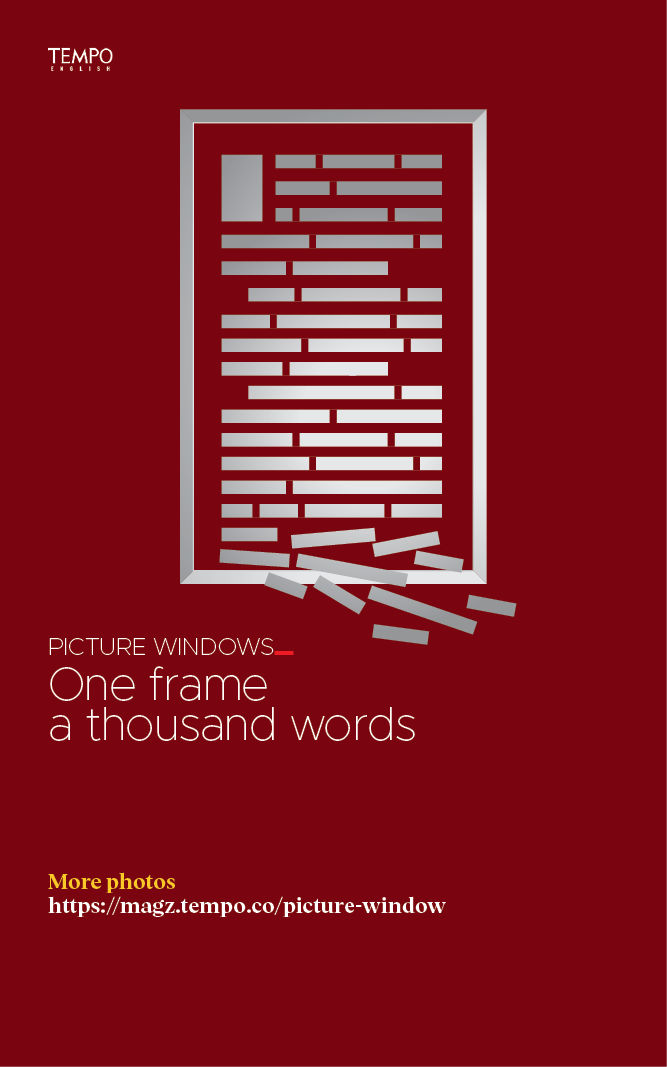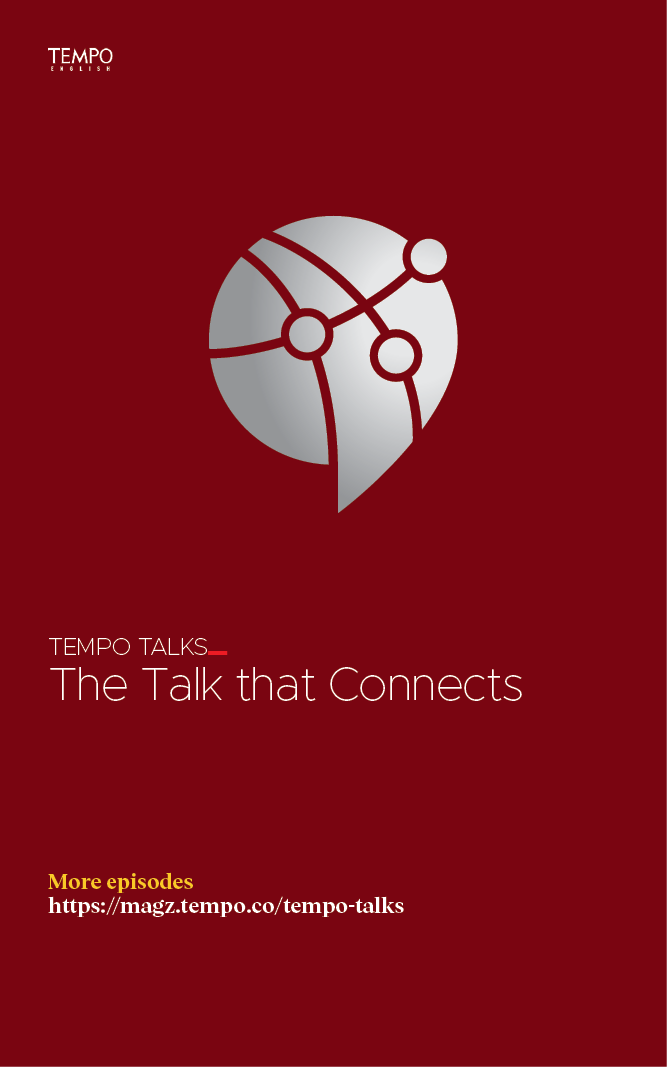September 20, 2016 edition
Sidelines
What was it about Picasso? Or Sudjojono? Some time in the early 1950s, when Sudjojono was not yet 40, he decided to do something unusual: He and other artists rode their motorbikes from Yogya to Jakarta. Their aim was to convince President Sukarno to agree to the idea of Sticusa, the Dutch foundation for cultural cooperation, to mount a large exhibition of 20th-century European painters: Picasso, Matisse, Braque.
Read More
Environment
Word Watch
Jennifer Lindsay*
The use of acronyms in Indonesian exploded in the late 1950s when the language was hijacked by politics. President Sukarno, who mesmerized crowds with his oratory, increasingly spoke in slogans. Political concepts were packaged in acronyms, piled one on top of another, and regurgitated in the media, songs, schools and speeches. In 1957, Sukarno announced his plans for Guided Democracy, and from then on authoritarianism increased steadily, including linguistic authoritarianism. The late 1950s and early 1960s were an era not only of Sukarno's official Guided Democracy and Guided Economy, but also guided thinking through guided language.
Read More
Interview
Two low-cost green cars (LCGC), the Toyota Calya and the Daihatsu Sigra, exhibited at the Gaikindo Indonesia International Auto Show last August at BSD City, South Tangerang, Banten, were the center of visitors' attention. At that event, 12,000 units of both types were sold. Astra Internasional CEO Prijono Sugiarto, 56, said the public had long been waiting for these two inexpensive and environmentally friendly automobiles. "The price, starting at Rp100 million, is affordable," he told Tempo.
Read More
Column
Yuli Ismartono*
President Joko Widodo's recent ratification of the ASEAN Convention Against Trafficking in Persons (ACTIP) at the annual regional summit, which recently took place in the Laotian capital city of Vientiane, is a positive and timely step in the fight against a despicable scourge in Indonesia.
Read More
Outreach
Fighting Against Darkness
A group of women in East Nusa Tenggara distribute solar lamps to remote villages. These environmentally friendly lamps have also become ubiquitous in urban areas.
Dozens of dogs howled time and again, as if welcoming the night that fell on Nubahaeraka Village, Lembata Regency on a Sunday in August. Darkness then enveloped the whole island that is famous worldwide because of the whale hunts that take place here each year. Lembata is one of the islands that comprise East Nusa Tenggara.
Lighting is something rare at Nubahaeraka. Lamps were only spotted at some corners of the village with a population of 288 people. For example, the house of the former village headmanwho held the post for 18 yearswas brightly lit thanks to a diesel generator. A diesel oil-powered generator roared at the house of another villager who distributed the power to 20 other houses in the neighborhood. Of course, it was not free. The rest of the village remained dark.
A group of women in East Nusa Tenggara distribute solar lamps to remote villages. These environmentally friendly lamps have also become ubiquitous in urban areas.
Read More
More Articles
Opinion
Coordinating Minister for Maritime Affairs Luhut Binsar Pandjaitan seems to think he is inviolable. He had the nerve to take a decision that contradicts one of President Joko Widodo's mandate. Luhut is determined to continue the reclamation policy of Jakarta's northern coast.
Read More
More Articles
Letters
National
Acting on Nurhadi's instructions, on April 21, Brig. Ari Kuswanto contacted one of the police security guards at his employer's home in South Jakarta. The Supreme Court clerk and his aide were then at the office of Jakarta Police chief Insp. Gen. Moechgiyarto. After the call was answered, Ari conveyed Nurhadi's orders to another guard, who was also a policeman.
+ Brother, the briefcase...
- Hello Ri (Ari Kuswanto)
+ Bring his LV briefcase to the Jakarta Police chief's offices, bro. The boss (Nurhadi) is waiting for it now. Come with an escort. Hurry up, brother!
- Okokok.
That conversation took place just a few hours after Nurhadi's house was searched by 15 Corruption Eradication Commission (KPK) officers. Without their knowledge, the conversation was heard by KPK officers listening in from Kuningan, South Jakarta.
- Hello Ri (Ari Kuswanto)
+ Bring his LV briefcase to the Jakarta Police chief's offices, bro. The boss (Nurhadi) is waiting for it now. Come with an escort. Hurry up, brother!
- Okokok.












